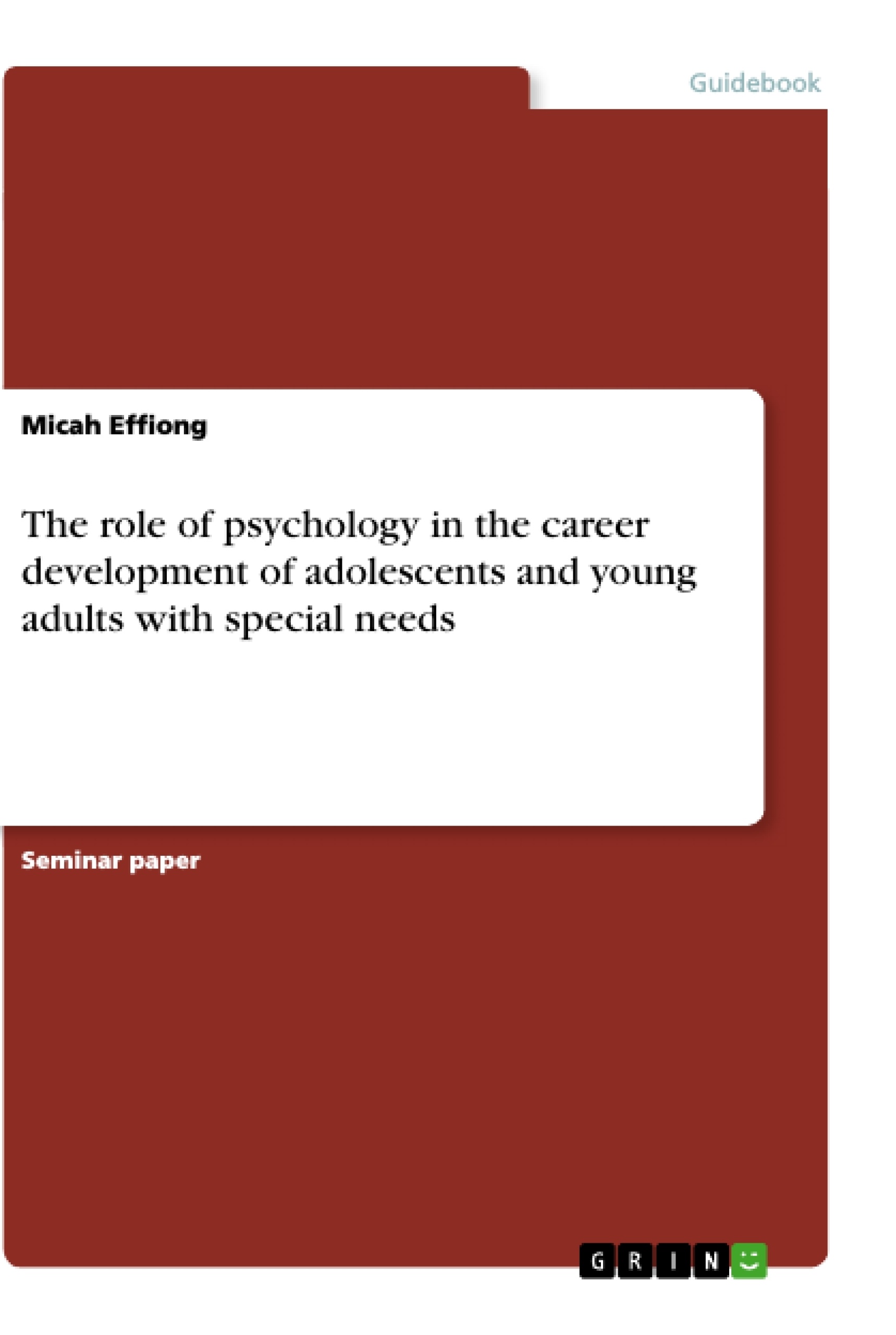"Career" being a controversial and complex term had been defined by different authors pertaining to their different fields of study and perceptions. Making the right career choice that would keep adolescents relevant in the scheme of activities in the society could be daunting and difficult. Adolescents in our society are often preoccupied with so many thoughts of future career prospects. This, more often than not, often predispose these adolescents to irrational thoughts. Such irrational thoughts could be debilitating to the society and psychological well-being of adolescents. Transition from secondary school to workplace, college or university is a critical path through which every adolescent must pass through.
However, it is not uncommon to aver that many of these adolescents are left unguarded while transiting from college to workplace. Most often, parents, teachers, and friends have encouraged secondary school students to proceed to the university while a good number of secondary school students may end up attending universities without knowing why or what they intend to study of which in most cases career psychologist is needed to ascertain the uncertain issue and finding a helping solution to it. For many, this is an important time for career-related matters that will be beneficial to them. As they face the need to choose an academic major, as well as to develop career goals for the future, career problems often become a developmental phase they must pass through in making proper career choices for life.
The role of psychology in the career development of adolescents and young adults with special needs

Term Paper , 2015 , 11 Pages , Grade: B
Autor:in: Micah Effiong (Author)
Guidebooks - Self-help and Psychology
Excerpt & Details Look inside the ebook

